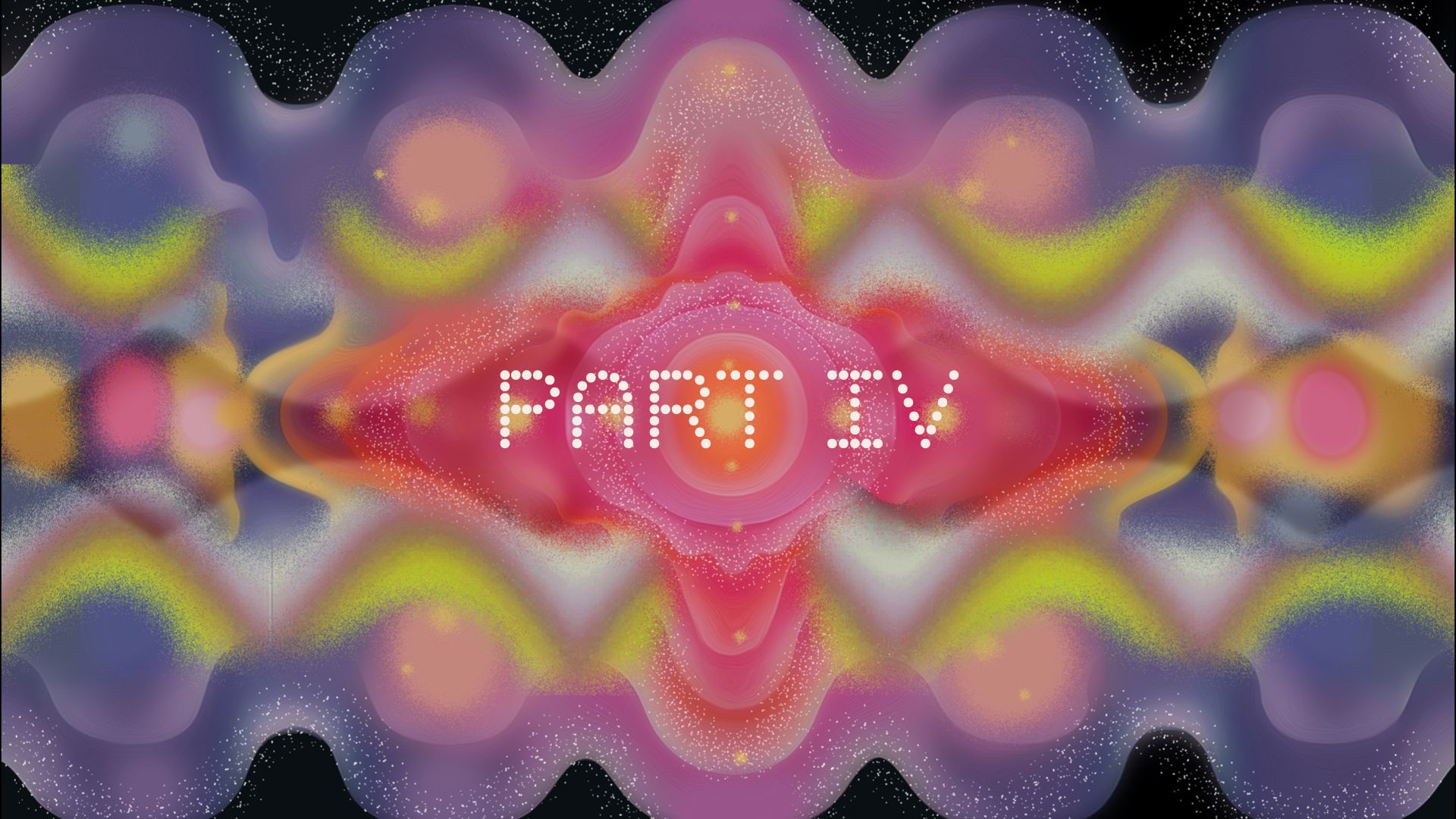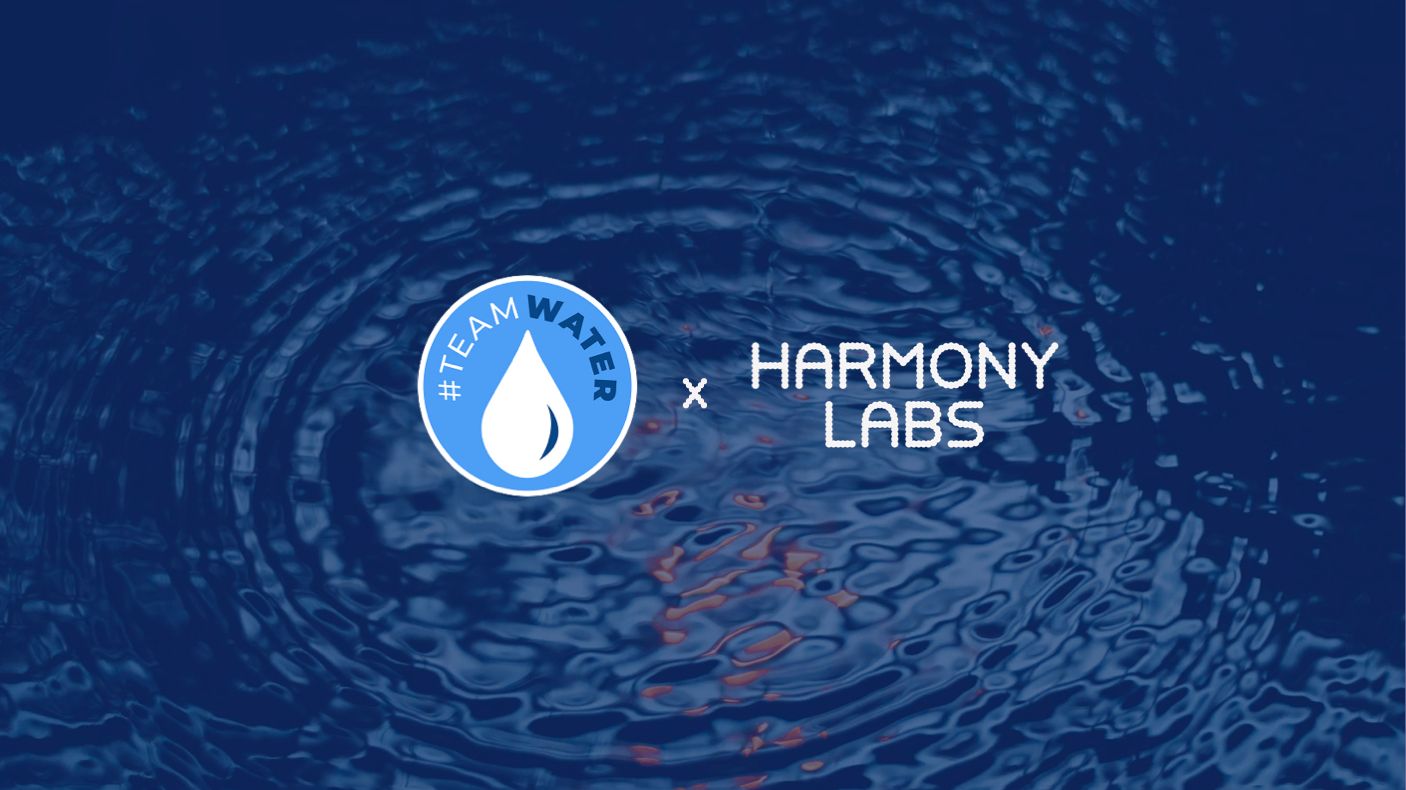Four Principles For Building Power in Media


2025-08-01
This is Part IV of our ongoing survey dispatch capturing audiences’ evolving deep stories on equality. You can read Part I, Part II and Part III here.
Equality has long been invoked as a founding ideal of the United States, yet the original vision and declaration that “all men are created equal” was narrow in scope. The equality we seek today takes that principle and strives to apply it universally, recognizing the rights and dignity of all individuals.
The country continues to grapple with equal opportunity, fair pay, and upward mobility—challenges that make the aspiration of broader equality an ongoing project. Like any big group project, participants bring distinct skills and perspectives that don’t always align, especially when unfamiliar approaches or collaboration are required. No one person or group is equipped to do it all, which means achieving true systemic equality depends on activating the diverse strengths of everyone involved.
Over the past few weeks, we surveyed over 3,600 people across the country to better understand how people in the U.S. think about equality. What we found is that everyone has a “superpower” they could potentially bring to the group project of envisioning and achieving systemic equality. These superpowers are shaped by distinct values (which you can learn more about here) and “deep stories” about things like equality, personal agency, and deservingness.
Audiences who hold community as a core value could excel at seeing and naming what’s wrong with our systems, and at imagining what could be better. They are deep thinkers, advocates, and architects for change. People Power’s strength can, at times, lie more in vision than action; they can be hesitant to move from the realm of ideas to implementation. This anonymous survey response from a People Power audience member reflects how historical injustice may drive a call for greater belonging and broader change:
“[The biggest transformational turning point for me was] learning over time about my mother's Native identity (she was a boarding school-era child) and what that means to me in terms of my place in the world, who I am, and the responsibility I have to be part of a larger community and humanity.”
Audiences who value autonomy could bring creativity and an openness to difference. They help unlock new ways of imagining equality, even if they’re not fully convinced it’s achievable. They are idea generators and norm-breakers who can start new conversations. But without a personal reason to care, or a “what’s in it for me,” they may be unlikely to act. If You Say So is comfortable with the unconventional approaches and open to learning from other perspectives, as expressed in this anonymous survey response:
“I graduated high school early by passing the California High School Proficiency Exam, which showed me that things can be done unconventionally and there are many ways to approach life. Traveling abroad also opened my eyes to differences in the world and how much is out there.”
Audiences who value authority and freedom are ready to act, especially when they feel something is threatening their community or autonomy. They don’t always see themselves as part of equality work, especially when it’s framed in abstract social or systemic terms. But when injustice hits close to home, they may fight hard to protect what matters. They don’t need to understand systems in the same way as universalist People Power—just that something is wrong, yet fixable. This grounded worldview is evident in an anonymous survey response from a Don’t Tread On Me audience member, focusing on what can be preserved or improved personally for people they love:
“Getting married, we face the ups and downs of life together… Having grandkids has added even more joy and love to our lives, and I see a real need to make this country a great and safer place for them.”
Audiences who prioritize order could see themselves in roles that offer direct service and support. They know what’s happening on the ground and show up when their communities are in need. They are the implementers and sustainers. But they may resist dramatic change or systemic reimagining, preferring to act at a local level and not rocking the boat too much. This anonymous survey response from a Tough Cookies audience member express how they see themselves as a resource for others:
“I refuse to let tough times get me down and have become better at helping others through their trials. I'm the one who will shift the conversation from what is wrong to what they have to be thankful for.”
To move toward real equality, the stories we tell about systems and individuals could reflect and affirm each audience’s superpowers. If we want everyone to see themselves as protagonists in the narrative of systemic change, these stories could match their values and feature heroes who think like them.
In the next phase of research, we’ll explore how the deep stories each audience holds about equality connect to their media habits, using behavioral data. If you’re interested in understanding how stories can move people toward a narrative goal, subscribe to our newsletter for updates about our latest research.



